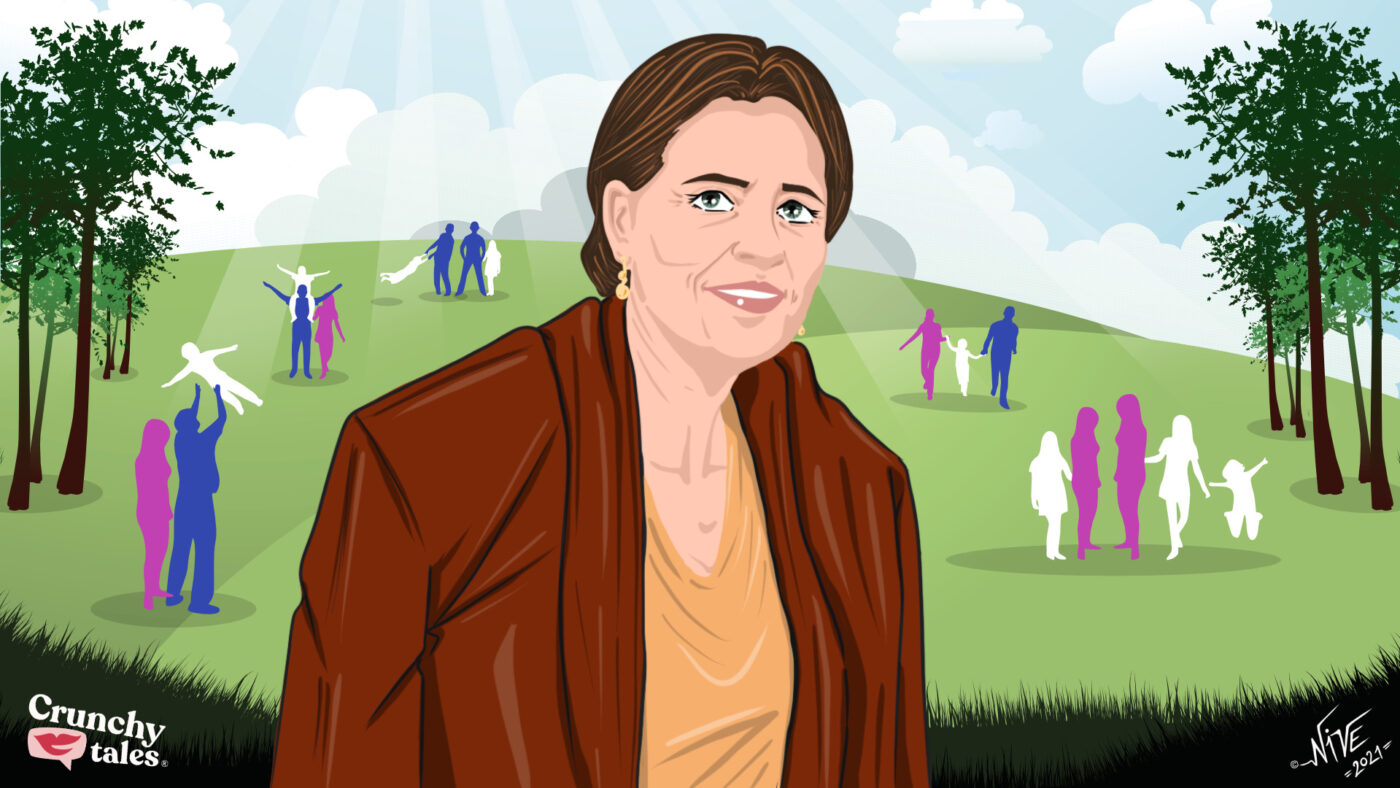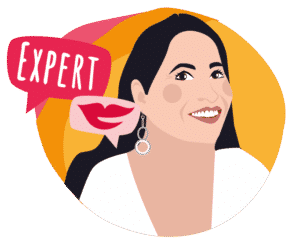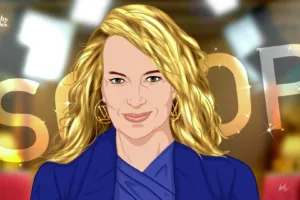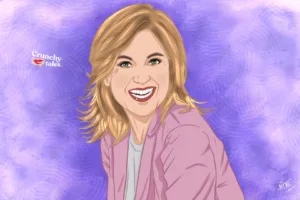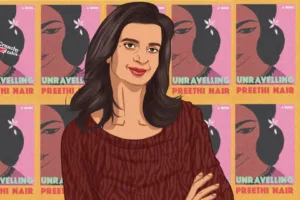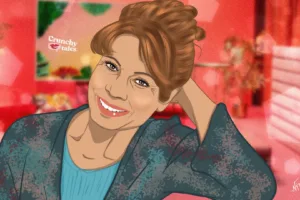Social Work Expert Christine Lucas: “Don’t Let Your Insecurities Hold You Back”
Is it possible to turn your life upside down and then thrive again at the age of 60? Yes and Christine Lucas is a perfect example of what it means by being a late bloomer. A social worker and public health analyst with the United States Center for Disease Control and Prevention in Washington D.C., she earned her PhD in Social Work during her midlife chapter; she bought her first house last June and she found the strength to reboot her life after being married for 14 years, when her former spouse decided to become a transgender woman. Determined to live her life to the fullest, she is definitely a woman who doesn’t let age define her. She is now planning a trip to Nepal, “a life-long dream“, to hike up to the Everest Base Camp in November 2021, “if the world is in a better place“.
Christine, I don’t know many people who have become doctors starting in their 50s. How did you do it?
I had wanted to get my PhD from a young age but I think I didn’t feel ready, qualified or centred in my life. Once I married and had children in my mid-30s, that became my focus. I was working full time but I was also, as many other women end up becoming, the prime caregiver and household manager. As a feminist from a very early age, I had not intended for that to happen, but society and those closest to me were not supportive of working women who have children. We can see this playing out right now as many of us are leaving the workforce in far greater numbers compared to men to care for their children or others during the pandemic. I love my kids and don’t regret the time I spent looking after them but I did feel pressured into neglecting myself. Meanwhile, I had pursued and received two masters degrees.
How did you find the strength to pursue your goals?
When my daughter was in high school and my son was happily ensconced in college, I was divorced and financially stable for the first time in my life. I finally felt free enough to start my PhD. I was ready. It quite literally came to me in the middle of a sleepless night, that I should go back to school in social work, my true passion since I was very young.
Have you ever doubted your skills or talents?
I had always thought a PhD was for “smart” or “intellectual” people, but during an interview with the school of social work dean, I came to understand that it was simply my own insecurities that were holding me back. I was more than qualified. Yet, some of the people I excitedly told this to doubted my abilities. Who was I surrounding myself with? These thoughts became important questions during my five years at University. I was sublimely happy in my PhD program, happier and more satisfied than I had ever been.
Can you tell us more about your research? Why did you choose to focus your dissertation on understanding the experiences of the lives led by children of transgender parents?
I felt getting my PhD would have helped me better understand the effect of a gender transition on my children. The research I conducted for my dissertation confirmed some of what I had learned during my former spouse’s experience: that children can be affected by a parent’s transition. It’s an event that should be deeply considered and thought through carefully. Kids are often confused about that, as there is no roadmap for how to move through this event as a family (no one has a “best practice” in social work for dealing with this), and might feel embarrassed by and/or ashamed of the event for some part of their young lives. I found that these feelings are generally brought on by their parent’s negative or confused sense of themselves and also by keeping the transition a family-secret due to negative societal understandings. Generally, as the transitioned parent becomes more comfortable and the children grow, this feeling eases. Many of the participants in my study found a silver lining of sorts, becoming more tolerant of differences in people in general (especially LGBTQ), and coming to an understanding of how hard the event was for their parent and other family members. Of course, all of these feelings take place over time, as society’s views on transgender people mature.
What is your advice to others who face situations similar to having their spouse become transgender in midlife?
Talk with others and read my dissertation if you have children (Lucas, C.A. 2020 – “Understanding Lived Experiences of Children of Transgender Parents: A Retrospective Study of Adults with Transgender Parents“| 27958057 | Catholic University of America), as there is very little information about the impact a parent’s transition has on them, especially from the child’s point of view. My other advice is to pay attention to your life first and foremost, so you can take good care of your kids. Move forward and do not regret anything that has happened.
What are your next plans?
I hope to start teaching social work full time in a year or so if I find that I can afford to leave my federal position, which I do love. I currently teach research methods to students earning their Masters Degrees in Social Work and I like it.
Has ageism ever affected your journey in some way?
Ageism is deeply rooted in the American culture. Personally, the only way I challenge it is to continue to do what I have done in my life and stay focused on my passions, my accomplishments and mentor others whenever and wherever I can.
Like this article? Sign up to our newsletter to get more articles like this delivered straight to your inbox.

